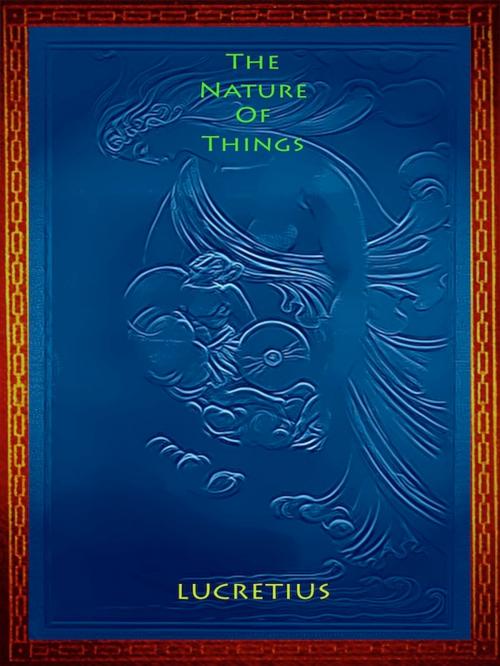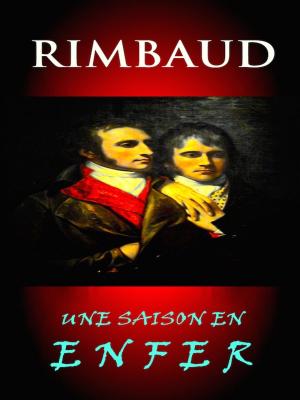| Author: | Lucretius | ISBN: | 1230000310312 |
| Publisher: | Editions Artisan Devereaux LLC | Publication: | March 11, 2015 |
| Imprint: | Language: | English |
| Author: | Lucretius |
| ISBN: | 1230000310312 |
| Publisher: | Editions Artisan Devereaux LLC |
| Publication: | March 11, 2015 |
| Imprint: | |
| Language: | English |
The Nature of Things combines some of the greatest poetry ever written, with a scientific and philosophical treatise.
Lucretius guides the reader through an extraordinary breadth of subject matter, ranging from the indestructibility of atoms and the discovery of fire, to the folly of romantic love and the phenomena of clouds and rainstorms.
Further, he expresses his belief that the soul is mortal, and that mechanical laws of nature govern the world; and that by believing this, men can live with true peace of mind.
He based this on the atomic theory expounded by the Greek philosopher Epicurus, and continues with an examination of sensation, sex, cosmology, meteorology, and geology, all of these subjects made more appealing by the poetry by which he illustrates them.
LUCRETIUS (c100-c55BC) was an Epicurean poet writing in the middle years of the first century BC. His six-book Latin hexameter poem De Rerum Natura The Nature of Things survives today virtually intact. The Nature of Things is regarded as a seminal text of Epicurean science and philosophy.
The Nature of Things combines some of the greatest poetry ever written, with a scientific and philosophical treatise.
Lucretius guides the reader through an extraordinary breadth of subject matter, ranging from the indestructibility of atoms and the discovery of fire, to the folly of romantic love and the phenomena of clouds and rainstorms.
Further, he expresses his belief that the soul is mortal, and that mechanical laws of nature govern the world; and that by believing this, men can live with true peace of mind.
He based this on the atomic theory expounded by the Greek philosopher Epicurus, and continues with an examination of sensation, sex, cosmology, meteorology, and geology, all of these subjects made more appealing by the poetry by which he illustrates them.
LUCRETIUS (c100-c55BC) was an Epicurean poet writing in the middle years of the first century BC. His six-book Latin hexameter poem De Rerum Natura The Nature of Things survives today virtually intact. The Nature of Things is regarded as a seminal text of Epicurean science and philosophy.















